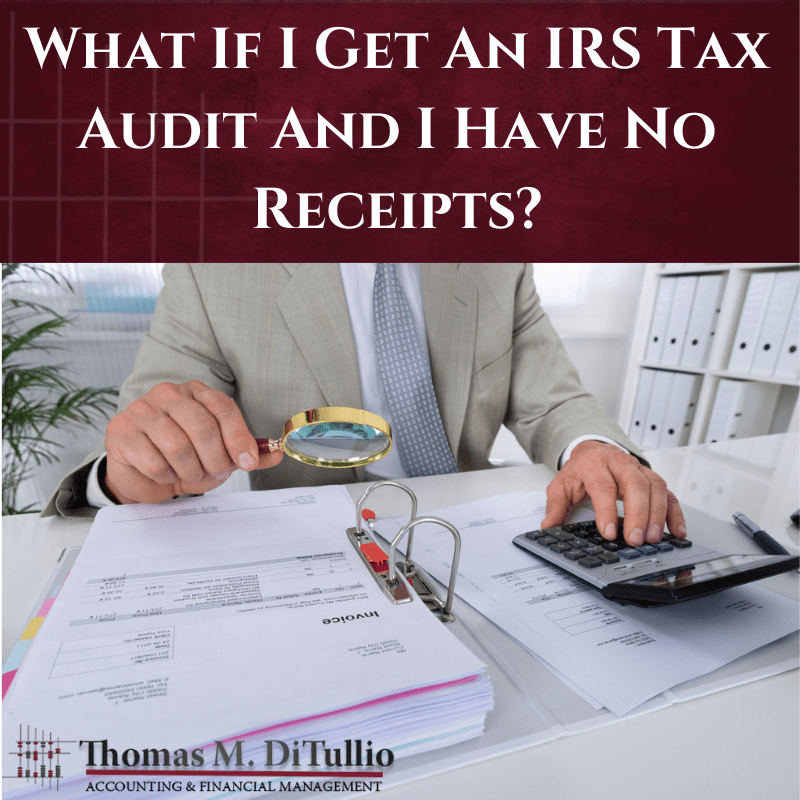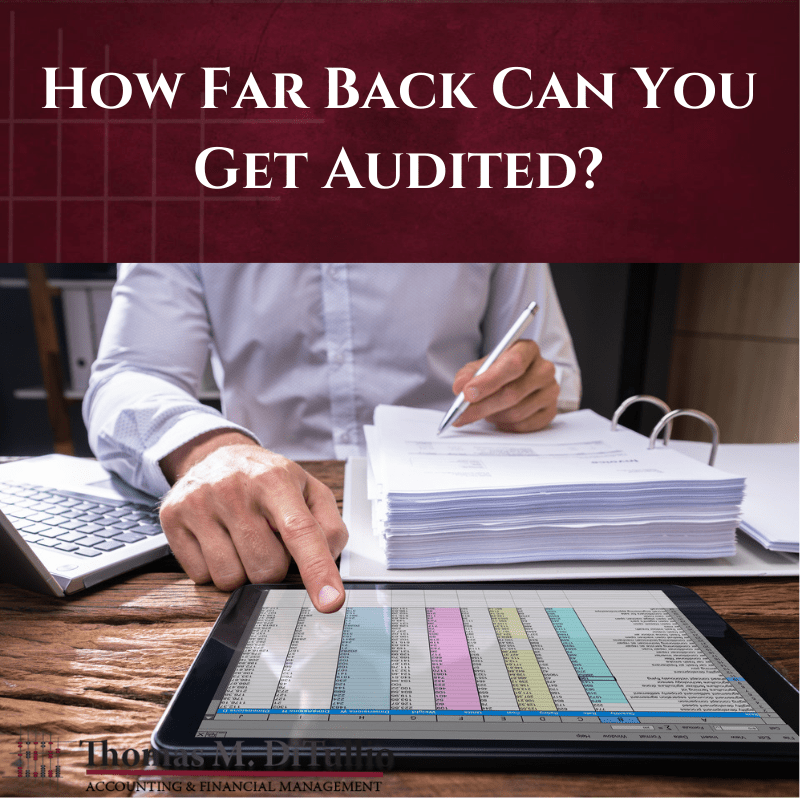What You Need to Know About New Restaurant Expenses in South Jersey
Starting a restaurant business might seem fun. You can experiment with recipes and share those culinary delights with the community. Unfortunately, there are not-so-fun parts, such as applying for business licenses, planning for operating expenses, and adhering to local regulations. There are plenty of new business expenses to consider in South Jersey. Here are a few things to keep in mind before opening that new restaurant.
Overview of State, Federal, and Local Requirements
If you are thinking about opening a new restaurant, you need to follow some rules. You can’t open up the doors and serve customers. Before that first plate is passed over to the customer, you need a license to serve food. The local health department must inspect the space to ensure your business meets public health laws and regulations. You can find a checklist on the New Jersey Health Department’s website for what is needed to pass the food safety inspection.
Speaking of food safety, you will want to ensure that all of your managers and staff are up-to-date on the latest standards. In many cases, your employees will need a Food Handlers Certification. Some counties might offer a free program for food safety, but you often have to pay for the certification. ServSafe provides fee-based training to food managers and other restaurant employees.
Now that the food side is covered, you need to think about your business. You will need to form a corporation, professional corporation, or limited liability company with the New Jersey Division of Revenue & Enterprise Services (DORES). With that, you can withhold taxes from employees and apply for state grants. Plus, it makes you a legal business in New Jersey. All businesses must register for tax purposes.
After that, you will obtain a Federal Employer Identification Number (EIN), which will serve as your Federal Tax ID number. After doing that, you can meet all of the state tax obligations. Failure to register your business and meet food safety standards will lead to hefty fines and legal consequences.
Finally, think about insurance. What happens if someone falls in the restaurant or becomes sick from the food? A patron could hold you liable for any damages. At the minimum, you want a general liability insurance policy that protects you from an accident or bodily injury claim. Over time, your insurance needs could change. No matter what, you need insurance before welcoming customers into your establishment.
New Restaurant Start-Up Costs in South Jersey
Remember that there is a difference between costs and expenses. Small business accounting services can help you figure out the difference between the two.
A restaurant expense is a recurring payment. These expenses include food costs, payroll, utilities, marketing, and rent. On the other hand, a restaurant’s costs are considered one-time expenses, such as furniture, kitchen equipment, and dishes. These costs will fluctuate depending on several factors, such as the type of equipment, renovation projects, and other expenses needed to open the business. In general, the most common restaurant costs and expenses in South Jersey include:
- Commercial space – leases or mortgages
- Renovations and decor – decorations and new construction
- Kitchen supplies and equipment – cooking equipment, bar accessories, and tableware
- Restaurant technology – point of sale (POS) equipment
- Licenses and permits – food service, liquor license, and food handling permits
- Marketing – restaurant’s website design, advertising, and logo design
Fixed Expenses for a New Restaurant
Fixed expenses rarely change, making them easier to work into your budget. All restaurants need to pay for their commercial spaces. Your rent or mortgage costs are unlikely to change from month to month.
Along with that, license fees do have an initial cost. In many cases, you will need to renew them annually, but these expenses will not change every month.
Remember that insurance coverage? You need it to run your business and protect you from any liabilities. There are several insurance policies to consider, such as product liability, liquor liability, workers’ compensation policies, and loss of income insurance. All of these expenses have a set cost for the month or year. Always review your insurance to see whether you have the right one for your business needs.
Marketing is another fixed expense. If you are paying for ads or working with a marketing company, you probably have a set amount for your monthly expenses. Unless you have a monthly contract with an advertising firm, these expenses should have a set cost.
Variable Expenses for New Jersey Restaurants
Now that you understand those fixed expenses, look at your variable ones. These expenses are harder to project because they fluctuate from month to month. The cost of goods sold (COGS) is the cost of the materials and ingredients used to make a dish. Depending on your menu, these costs can vary.
Utility bills are known to fluctuate. Huge usage of water and electricity can send your monthly utility bills skyrocketing. Remember that a big commercial space will require more electricity, water, and gas.
Payment processing fees can sneak up on any restaurant owner. These processing fees will vary depending on the payment provider. These fees are based on a percentage of the transaction, and they can include interchange, card brand, and processor fees.
Mixed Expenses
Finally, there are always mixed expenses for your restaurant. These expenses can be both variable and fixed. For many South Jersey restaurants, labor costs are a big concern. Whether the employees have a salary or hourly wage, the labor cost can fluctuate. New restaurant owners need to make a budget and keep those labor costs under control. If you are not careful, you could struggle to pay your staff.
It takes a lot to start a new restaurant in South Jersey. Hopefully, these tips can get your business off on the right foot.
When you need an accountant for your small business, contact TMD Accounting. We have over 40 years of experience helping individuals and business owners throughout Gloucester County. Our family-owned business offers a flexible, reliable, and affordable solution for your tax and payroll needs. Schedule a consultation by calling 856-228-2205.








